You are on CGS' Legacy Site.
Thank you for visiting CGS! You are currently using CGS' legacy site, which is no longer supported. For up-to-date information, including publications purchasing and meeting information, please visit cgsnet.org.
General Content
As the number of master of fine arts (MFA) programs in creative writing continues to proliferate and applications grow nationwide, literary luminaries are debating whether the MFA is a must-have credential for launching a writing career. Council of Graduate Schools dean-in-residence Jeannine Blackwell points out that many prospective students value graduate education because it opens doors to career advancement and higher quality of life.
Figure P.1 Summary of Recruitment, Selection and Admissions Related Practices and Procedures
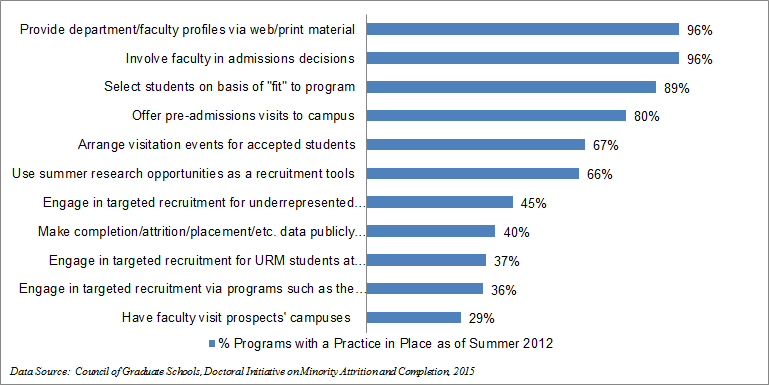
Figure P.2 Summary of Advising and Mentoring Related Practices and Procedures
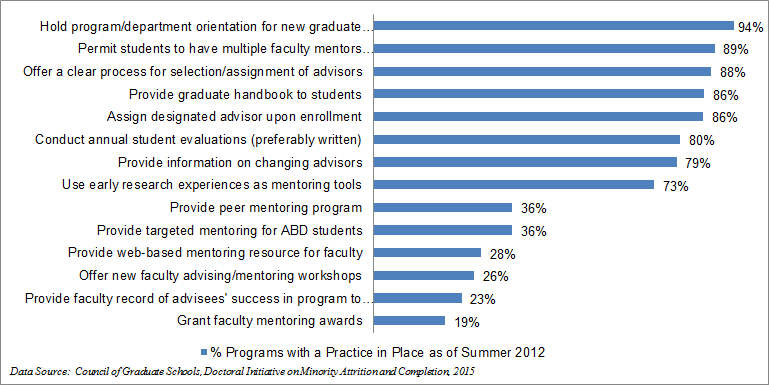
Figure P.3 Summary of Research Mode Related Practices and Procedures
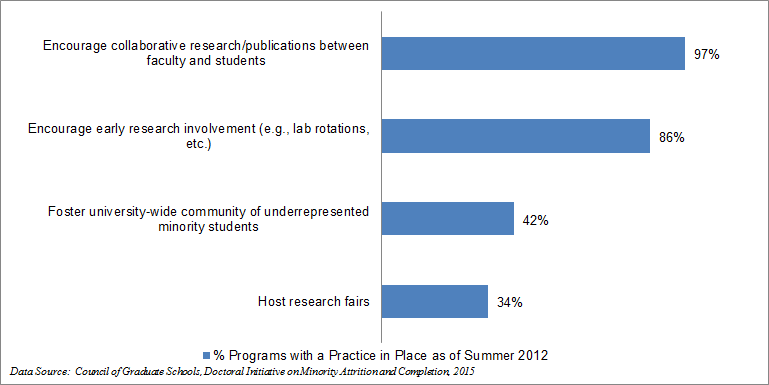
Figure P.4 Summary of Financial Aid/Funding Related Practices and Procedures
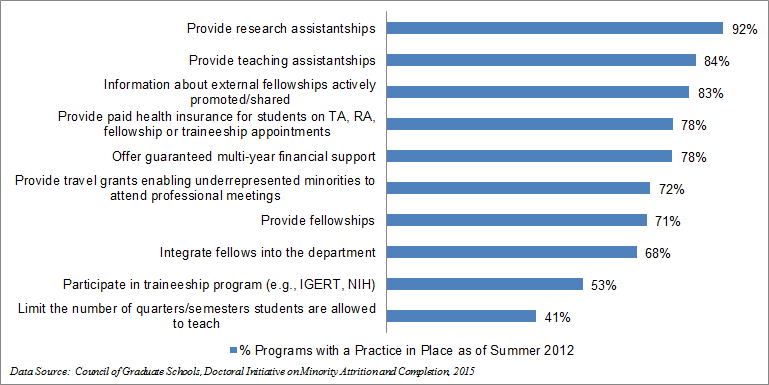
Figure P.5 Summary of Program Environment Related Programs and Procedures
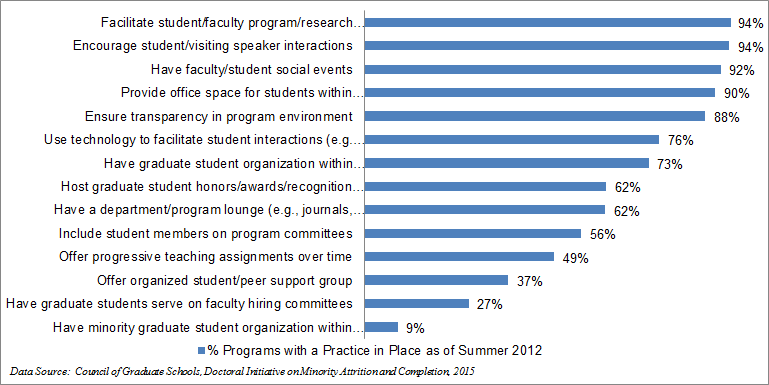
Figure P.6 Summary of Administrative/Curricular Related Practices and Procedures
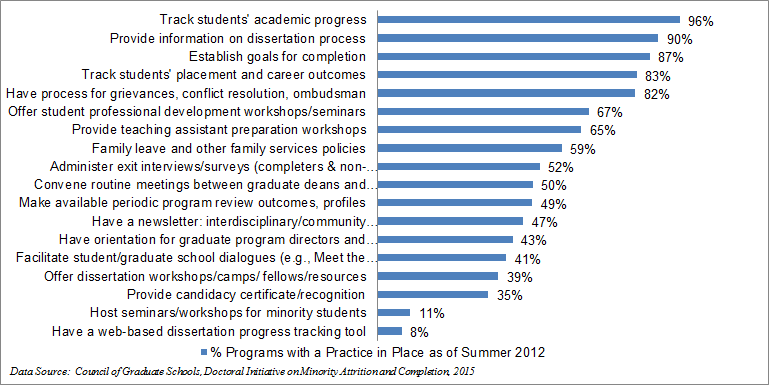
Figure O.1 Seven-year Completion Rates by Broad Field of Study and Academic Year Groups
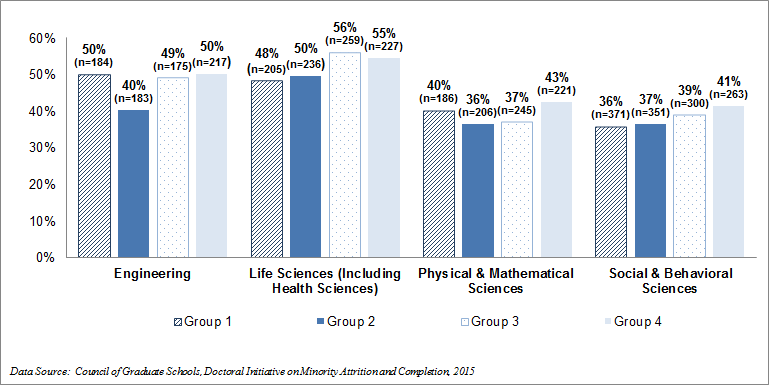
Figure O.2 Seven-year Attrition Rates by Broad Field of Study and Academic Year Groups
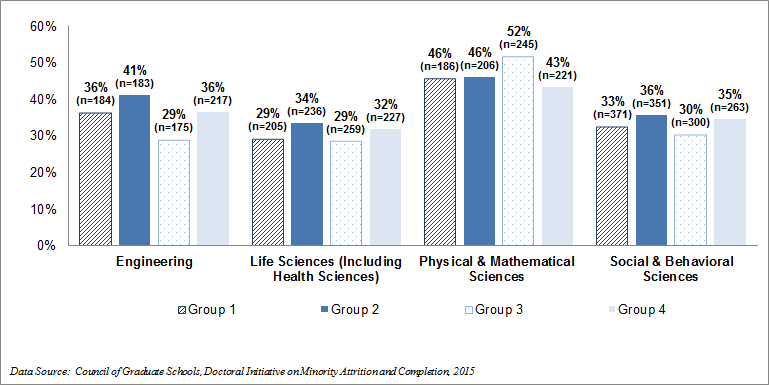
Figure O.3 Seven-year Completion Rates by Gender and Academic Year Groups
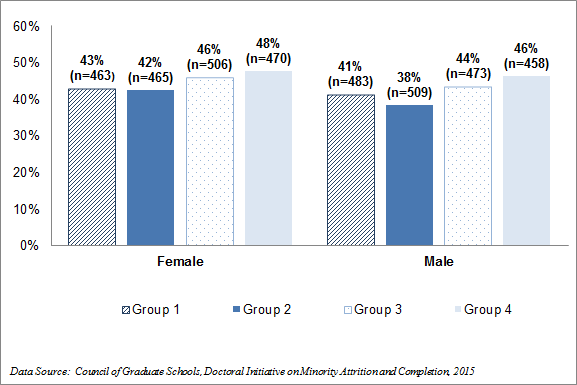
Figure O.4 Seven-year Attrition Rates by Gender and Academic Year Groups
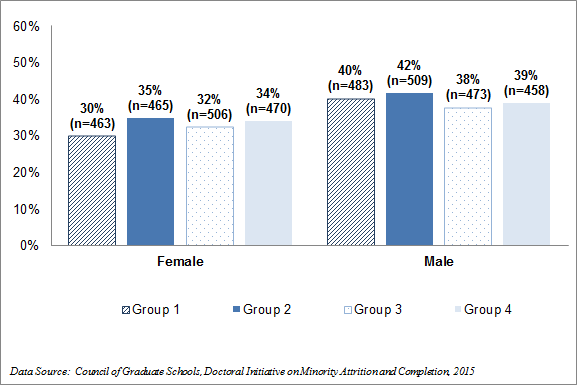
Figure O.5 Seven-year Completion Rates by Race/Ethnicity and Academic Year Groups
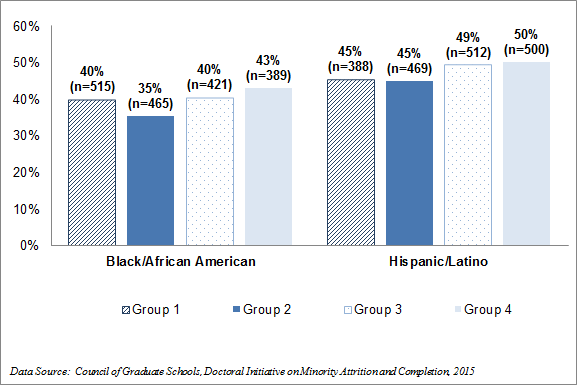
Figure O.6 Seven-year Attrition Rates by Race/Ethnicity and Academic Year Groups
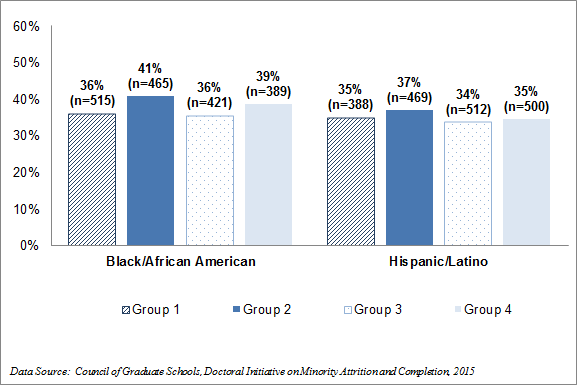
Figure O.7 Seven-year Completion Rates by Prior Degree Status andy Academic Year Groups
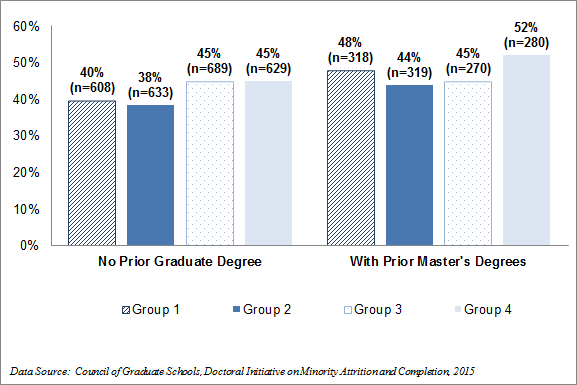
Figure O.8 Seven-year Attrition Rates by Prior Degree Status and Academic Year Groups
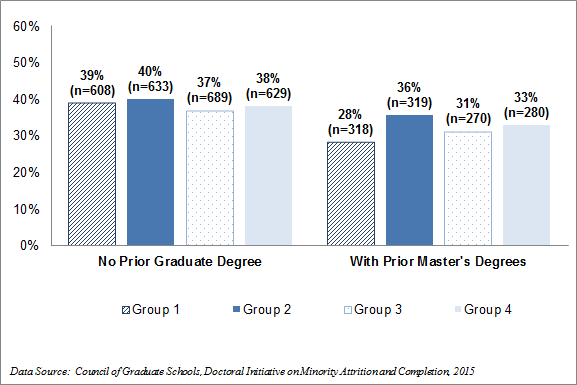
Engineering
Aerospace engineering
Agricultural & biological engineering
Agricultural engineering
Biochemical engineering
Bioengineering
Biological and agricultural engineering
Biological engineering
Biomedical engineering
Chemical & biochemical engineering
Chemical & biological engineering
Chemical & biomedical engineering
Chemical engineering
Civil & environmental engineering
Civil Engineering
Computational engineering
Computer & information science
Computer engineering
Computer science & engineering
Electrical & computer engineering
Electrical Engineering
Electrical, electronics engineering
Engineering
Engineering (D.Eng.)
Engineering science
Engineering science & applied mathematics
Environmental engineering
Industrial & systems engineering
Industrial engineering
Industrial engineering & management sciences
Interdisciplinary engineering
Materials science
Materials science & engineering
Materials Science & mechanics engineering
Mechanical & aerospace engineering
Mechanical engineering
Nanoengineering
Nuclear engineering
Nuclear, plasma, radiologic engineering
Operations research
Operations research & financial engineering
Petroleum engineering
Structural Engineering
Systems & entrepreneurial engineering
Theoretical & applied mechanics
Life Sciences
Agricultural science
Agronomy
Anatomy
Anatomy & cell biology
Animal & dairy science
Animal physiology
Animal science
Animal science & poultry science
Audiology
Biochemistry
Biochemistry & molecular biology
Bioinformatics
Biological chemistry
Biological science
Biology
Biomathematics
Biomedical science
Biophysics & computational biology
Bioscience
Biostatistics
Botany
Cancer biology
Cell & developmental biology
Cell biology, neurobiology, & anatomy
Cellular & molecular biosciences
Cellular biology
Cognitive neuroscience
Community health
Comparative biomedical science
Conservation biology
Crop & soil sciences
Crop science
Developmental & cell biology
Dietetics & nutrition
Dietetics/Nutritional services
Ecological & evolutionary Biology
Ecology
Ecology, Evolution & conversation biology
Entomology
Entomology & plant pathology
Environmental health science & policy
Environmental science
Environmental toxicology
Epidemiology
Experimental pathology
Fisheries & wildlife
Fisheries, wildlife, & conservation biology
Food science
Food science & human nutrition
Food science & technology
Food science & technology
Food science, nutrition & health promotion
Forest biomaterials
Forest resources
Forestry
Forestry & environmental resources
Free radical & radiation biology
Functional genomics
Genetics
Genetics area program
Health & kinesiology
Health services research
Horticultural science
Horticulture
Human toxicology
Immunology
Infectious diseases
Integrative conservation & anthropology
Integrative conservation & ecology
Integrative conservation & geography
Interdepartmental neuroscience
Kinesiology
Life sciences
Marine biology
Mathematical & computational biology
Medical microbiology
Medical science
Medicinal chemistry
Medicinal chemistry & pharmacology
Microbiology
Microbiology & immunology
Molecular & cell biology
Molecular & environmental plant science
Molecular & integrative physiology
Molecular biology
Molecular biology & biochemistry
Molecular biology & biochemistry
Molecular biology, cell biology, &biochemistry
Molecular biology, genetics & biochemistry
Molecular biophysics
Molecular pathobiology
Molecular pathology
Molecular pharmacology & physiology
Natural resources & environmental sciences
Neurobiology & behavior
Neuroscience
Neuroscience & cognitive sciences
Nursing
Nursing science
Nursing science research
Nutrition
Nutritional science
Occupational & environmental health
Oral science
Parks, recreation, & tourism management
Pathobiology
Pharmaceutical sciences, environmental toxicology
Pharmaceutical sciences, medicinal chemistry
Pharmacognosy
Pharmacology
Pharmacology & toxicology
Pharmacy
Physical rehabilitation science
Physical therapy
Physiology
Physiology & biophysics
Physiology of reproduction
Plant & environmental sciences
Plant biology
Plant biology & conservation
Plant biology/botany
Plant breeding
Plant pathology
Plant sciences
Plant, insect & microbial sciences
Population studies
Poultry science
Public health
Quantitative & computational biology
Range sciences
Rangeland ecology & management
Recreation, park & tourism sciences
Recreation, sports & tourism
Speech & hearing sciences
Speech & language pathology
Toxicology
Veterinary & biomedical sciences
Veterinary medical sciences
Veterinary microbiology
Veterinary pathology
Weed science
Wildlife & fisheries sciences
Wildlife sciences
Zoology
Physical and Mathematical Sciences
Applied & computational mathematics
Applied mathematics
Applied mathematics & computer science
Applied physics
Astronomy
Atmospheric Physics
Atmospheric Sciences
Chemical & material physics
Chemical physics
Chemistry
Chemistry & biochemistry
Computer & information sciences
Computer information sciences
Computer Science
Computer systems & software
Earth and Planetary Sciences
Earth system science
Environmental science
Fiber & polymer science
Fiber & polymer science
Geography & environmental systems
Geological engineering
Geological sciences
Geology
Geophysics
Geoscience
Human centered computing
Informatics
Information & computer science
Information studies
Information systems
Marine estuarine science
Marine science
Marine, Earth, & atmospheric sciences
Mathematical sciences
Mathematics
Meteorology
Modeling & simulation
Oceanography
Optics
Physics
Physics
Physics & astronomy
Physics & atmospheric science
Plasma physics
Scientific computing
Soil science
Soil, environmental, & atmospheric sciences
Statistics
Textile science
Textile technology management
Water management & hydro science
Social and Behavioral Sciences
African studies
Africana studies
Aging studies
Agricultural & consumer economics
Agricultural applied economics
Agricultural economics
American civilization
American studies
Anthropology
Applied anthropology
Applied developmental psychology
Applied economics
Applied experimental & human factors
Clinical psychology
Cognitive science
Communication sciences & disorders
Comparative sociology
Counseling psychology
Couple & family therapy
Creative arts therapies
Criminology
Criminology & criminal justice
Criminology, law & society
Developmental psychology
East Asian languages & cultures
Economics
Ethnic studies
Geography
Geography, & environmental science & policy
Gerontology
Global & social cultural studies
Government
Health management & policy
Health service & policy
Health service research
Hospital & health administration
Human development
Human services psychology
Industrial & organizational psychology
International relations
Language, literacy, & culture
Linguistics
Mathematical behavioral science
Neuropsychology
Planning policy & design
Political psychology
Political science
Political science & government
Political science & international affairs
Politics
Psychobiology
Psychological sciences
Psychology
Psychology & social behavior
Public administration
Public policy
Public policy & administration
Rural sociology
School psychology
Social networks
Social psychology
Social relations
Social science
Sociology
Transportation economics
Transportation science
Urban and regional planning
Urban science
Publications Access
As a benefit of institutional membership, online access to all CGS publications is provided to faculty and staff at member institutions.
(Is my institution a CGS member?)
To create a new user account for publications access, complete this form. Creating an account with this self-service form will only allow you access to our publications. If you already have a user account for cgsnet.org, login with your username (i.e., your institutional email address) and password for access to the CGS Member Library.
By creating a user account, you agree to the Terms of Use for Electronic Publications.
Hard copies of CGS publications are also available for purchase. Read more about the CGS Member Library.
Appendix A. List of Participating Institutions
(In alphabetical order)
Florida International University
North Carolina State University
University of California, Irvine
University of California, San Diego
University of Illinois, Urbana-Champaign
University of Maryland, Baltimore County
Appendix B. Request for Proposals
Appendix C. Selection Committee Membership
(Titles as of March, 2012)
Charlotte Kuh
Deputy Executive Director (retired), Policy and Global Affairs
National Research Council
Michael Nettles
Senior Vice President, Policy Evaluation and Research Center
Educational Testing Services
Lewis (Lew) Siegel
Vice Provost and Dean of the Graduate School Emeritus
Duke University
Mark J.T. Smith
Dean of the Graduate School
Purdue University
Janet A. Weiss
Dean, Rackham Graduate School and Vice Provost for Academic Affairs
University of Michigan
Appendix D. List of Site Visit Institutions
(In the order of visits)
Spring 2013
University of South Florida
University of Central Florida
Texas A&M University
New Mexico State University
University of Maryland, Baltimore County
Florida International University
Loyola University of Chicago
Northwestern University
Drexel University
Princeton University
University of California, San Diego
University of California, Irvine
Fall 2013
University of Iowa
University of Illinois, Urbana-Champaign
North Carolina State University
Brown University
Appendix E. Taxonomy of Fields of Study
Appendix F. Data Collection Instrument for Student-level Data
Appendix G. Inventory of Policies, Programs and Procedures
Appendix H. Instrument for the Doctoral Student Survey
Appendix I. Protocol for Student Focus Group Sessions
Appendix J. Demographic Information Questionnaire for Student Focus Group Sessions
Appendix K. Protocol for Group Interview Sessions with University Personnel
Appendix L. Sample Size and Percentage Distributions of 7-year Completion and Attrition Rates Analysis
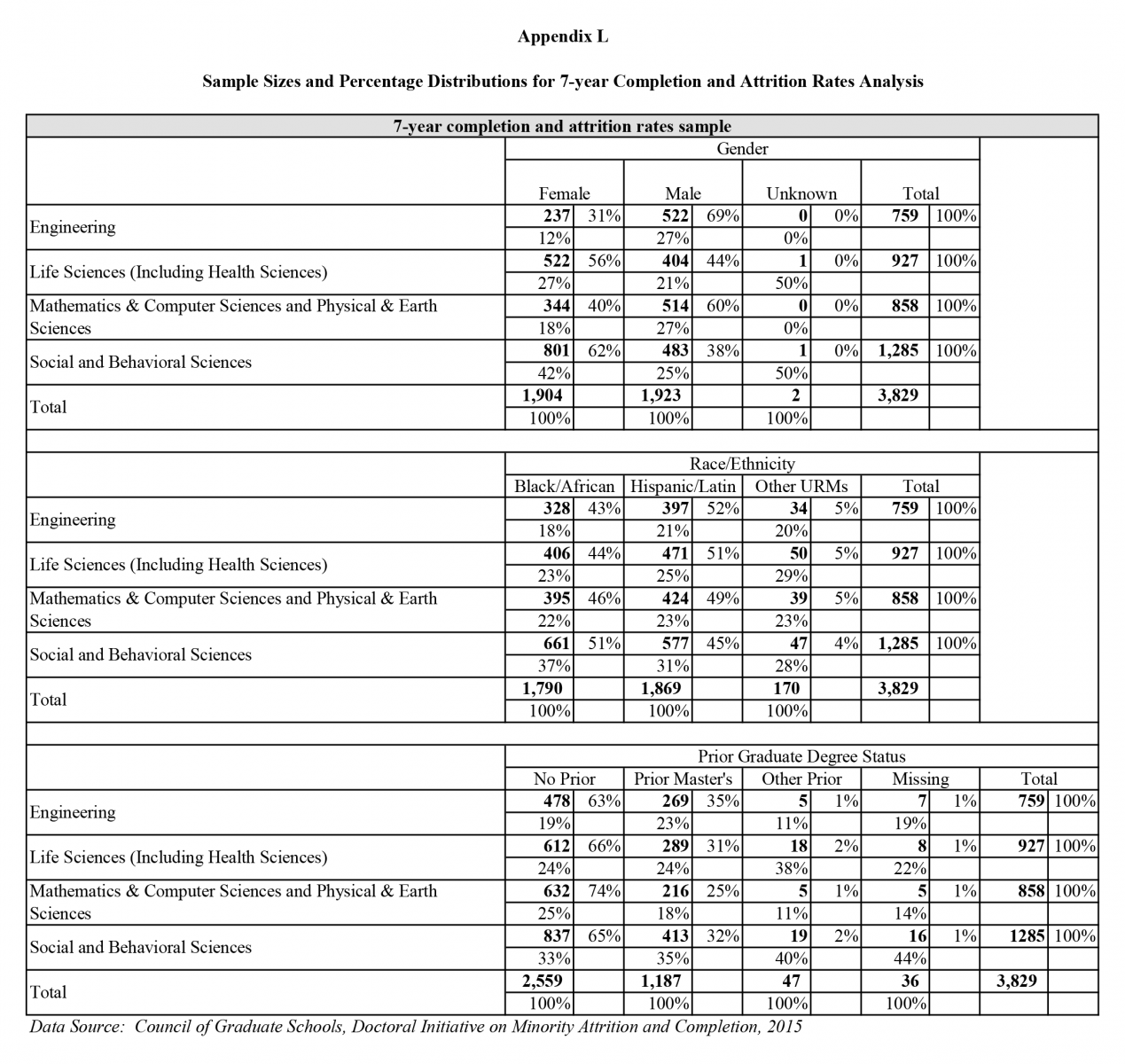
Appendix M. Sample Size and Percentage Distributions of 10-year Completion Rates Analysis
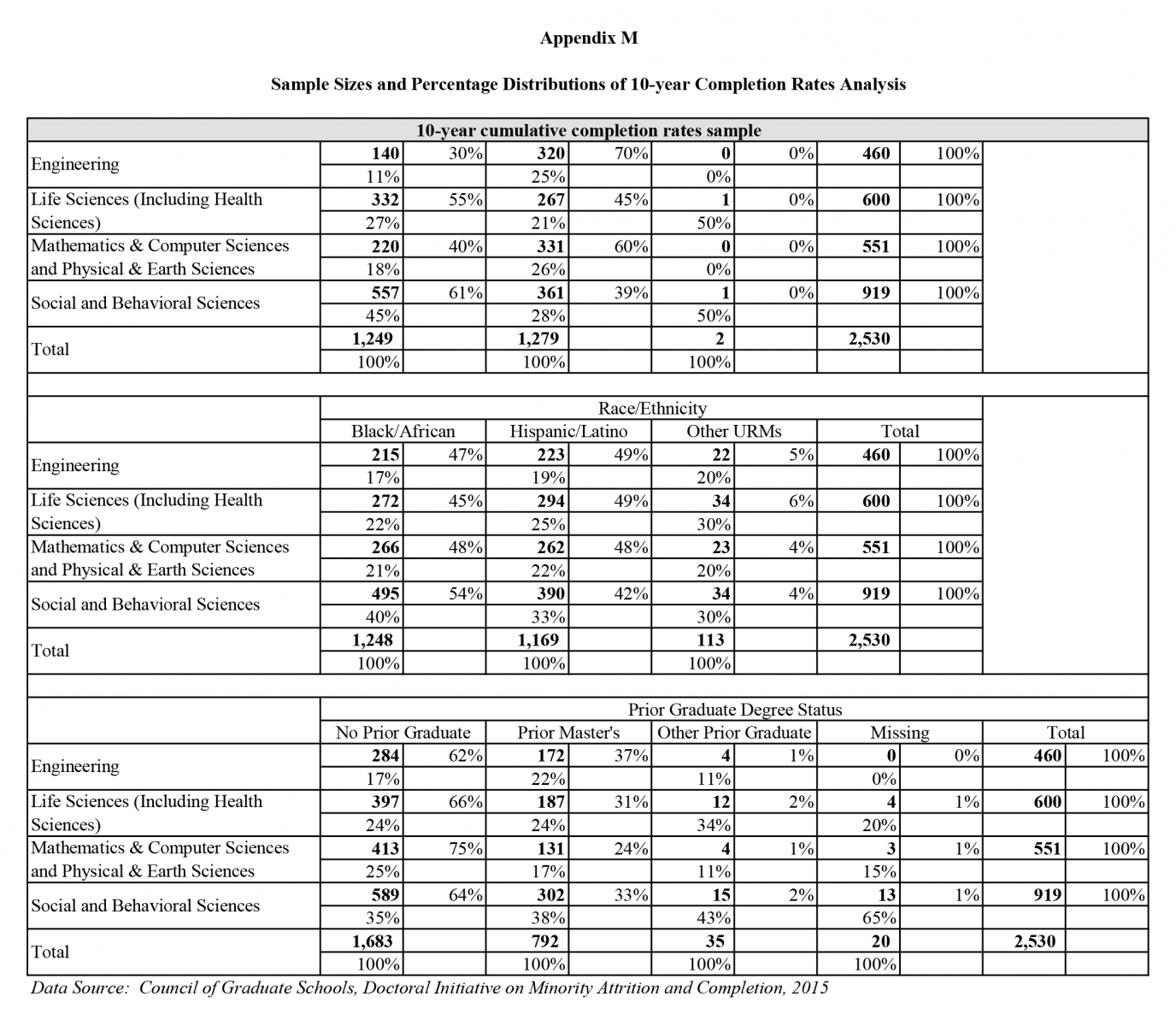
Appendix N. An Illustrative List of Programs, Initiatives, and Associations
Over the course of the DIMAC projects, CGS researchers were made aware of numerous programs, initiatives, and associations at the 21 participating institutions intended to support underrepresented students enrolled in doctoral programs in STEM fields. While some are national initiatives, others are state-, local-, or institution-specific. The following is an illustrative list of programs, initiatives, and associations in alphabetical order.
Alliances for Graduate Education and the Professoriate
Annual Biomedical Research Conference for Minority Students
Bridge to the Doctorate
California Alliance for Minority Participation
Eugene V. Cota-Robles Fellowship
Gates Millennium Scholars
Graduate Assistance in Areas of National Need
Hispanic Leaders in Agriculture and the Environment
Louis Stokes Alliances for Minority Participation
McKnight Doctoral Fellowships
McNair Scholars Program
Mexican American Engineers and Scientists
Meyerhoff Scholars Program
Minorities in Agriculture, Natural Resources, and Related Sciences
Minority Science Programs
National Consortium for Graduate Degrees for Minorities in Engineering and Science
National Organization for the Professional Advancement of Black Chemists and Chemical Engineers
National Society of Black Engineers
NIH Predoctoral Fellowship for Minority Students
Princeton Summer Undergraduate research Experience
Research Experiences for Undergraduates
Research Initiative for Science and Engineering
Society for the Advancement of Chicanos and Native Americans in Science
Society for Women Engineers
Society of Hispanic Professional Engineers
Southern Regional Education Board
Wesley L. Harris Scientific Society
Appendix O. Seven-year URM Doctoral Completion and Attrition Rates by Academic-Year Groups and Selected Student Characteristics
Appendix P. Summary of Inventory of Policies, Programs and Procedures
This CGS report reviews what is currently known about the career pathways of doctoral degree holders, current gaps in our understanding, and areas that call for greater clarification. It outlines findings from a year-long feasibility study supported by The Andrew W. Mellon Foundation and the Alfred P. Sloan Foundation. This work represents the first step toward closing knowledge gaps about the long-term career paths taken by PhDs in the US and Canada across all broad fields.
The Fifth Annual Strategic Leaders Global Summit on Graduate Education brought together graduate leaders from 16 countries to address professional skills and career outcomes for graduate students. These proceedings provide brief essays on emerging best practices for improving the professionalization and employability of students. Readers will find summaries of rich discussions of topics such as integrating workforce demands into degree design and evaluation, developing professional development programs, and defining specific and transferable skills.
The Council of Graduate Schools conducted a pilot project in 2014-16 to study the professional development needs of graduate students in Science, Technology, Engineering and Mathematics (STEM) fields and the programs and resources in place to meet those needs.
Project Overview
Enhanced professional development of STEM graduate students has emerged in recent years as a high priority as evidenced by calls from students, employers, funding agencies, and graduate deans. The CGS pilot study gathered perspectives from stakeholders representing each of these groups to answer four key questions:
- Beyond research skills, what other professional skills are particularly important for STEM graduates?
- What STEM workforce skills needs are not currently being met by graduate programs?
- How can resources and investments be most effectively mobilized to meet that demand through enhanced professional development?, and
- What structures and learning environments are most effective in responding to the career tracks for PhD and master’s students?
The project entailed a survey of CGS members, interviews with employers from across the STEM workforce including industry and government, a workshop convening a wide array of stakeholders, and an online searchable database of existing professional development programs for STEM graduate students.
Results
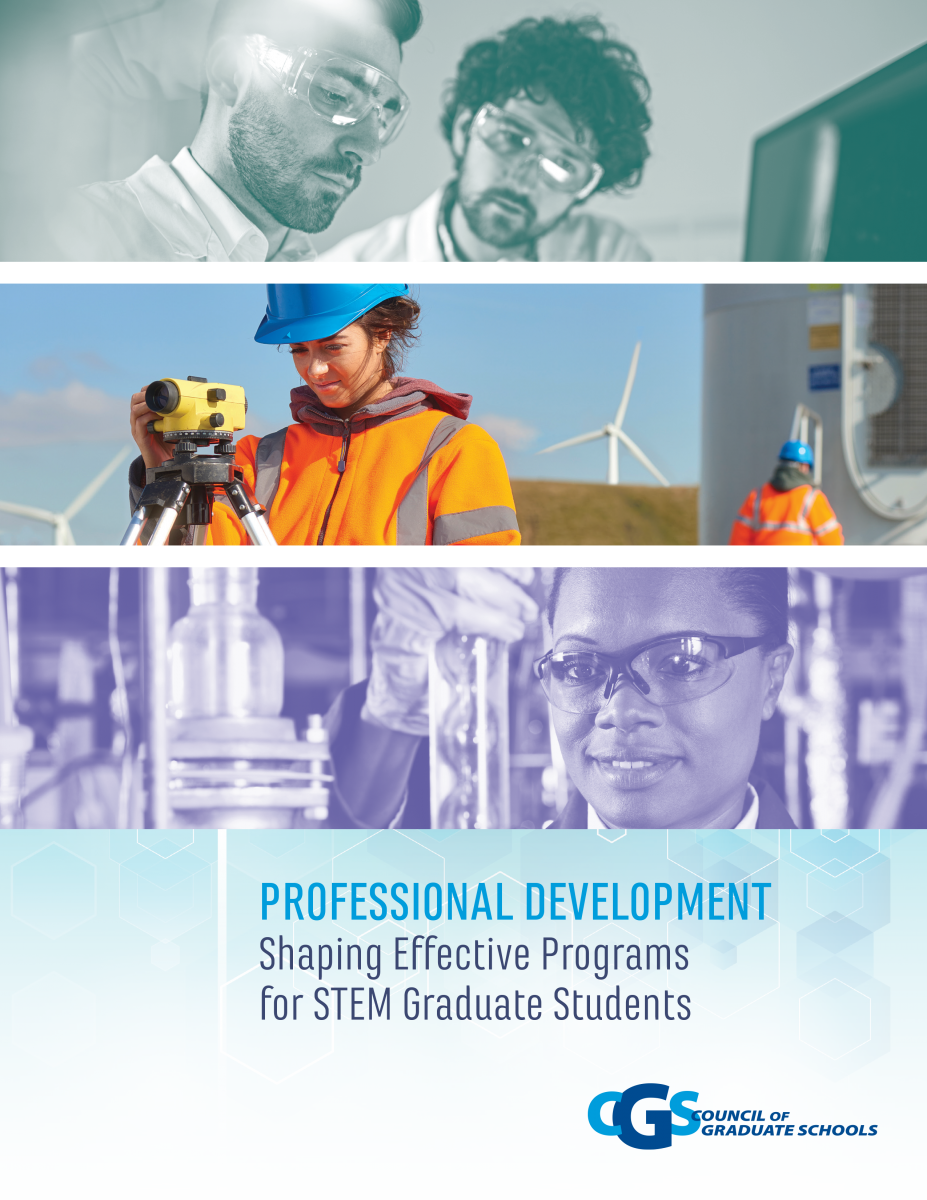 Promising practices, common challenges, recommendations, and possible next steps toward coordinated improvements to the professional development of STEM graduate students, including PhDs, master’s degree holders, and postdoctorates are available in the report: Professional Development: Shaping Effective Programs for STEM Graduate Students. This report also includes discussion of useful tools and resources, as well as of issues that commonly arise in university discussion around professional development. Hard copies of this report are available to CGS members and non-members for purchase here.
Promising practices, common challenges, recommendations, and possible next steps toward coordinated improvements to the professional development of STEM graduate students, including PhDs, master’s degree holders, and postdoctorates are available in the report: Professional Development: Shaping Effective Programs for STEM Graduate Students. This report also includes discussion of useful tools and resources, as well as of issues that commonly arise in university discussion around professional development. Hard copies of this report are available to CGS members and non-members for purchase here.
Professional Development Programs: An Online Compendium
CGS has compiled an online searchable database of existing professional development programs for STEM graduate students that draws from survey results, web research, and feedback from institutions. The primary purpose of this database is to spotlight promising programs, enhance understanding of the skills and structure of these programs, and to provide an opportunity for graduate schools to connect to others as they seek to develop robust professional development programs for graduate students. While all are welcome to explore this database, the resource was designed especially to inform individuals in university leadership roles who seek to enhance professional development for STEM graduate students and postdocs at U.S. universities.
Workshop
A one-day, workshop-style meeting to identify needs and opportunities for improving U.S. graduate education with a focus on enhanced professional development for STEM PhD’s and master’s students took place in Washington, D.C., on November 8-9, 2015. The meeting convened key employers from industry, government, and non-profit sectors; graduate deans and university researchers on graduate education and the STEM workforce; and representatives from federal agencies that fund STEM graduate students.
Workshop Agenda and Presentations
Contact
Supported by a grant from the National Science Foundation (NSF #1413827)
Any opinions, findings, and conclusions or recommendations expressed in this project do not necessarily reflect the views of the National Science Foundation.





